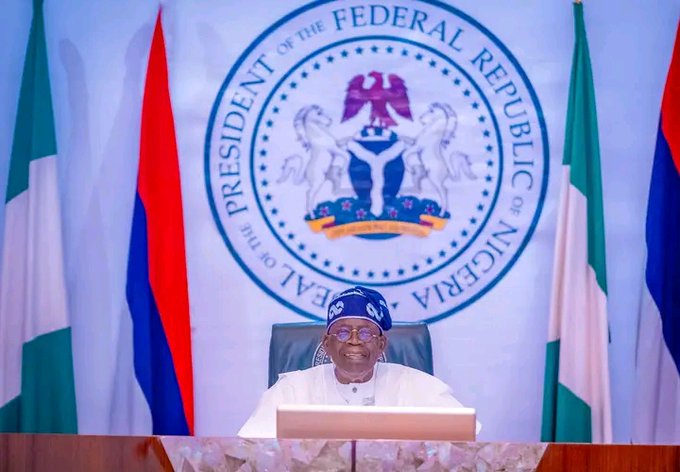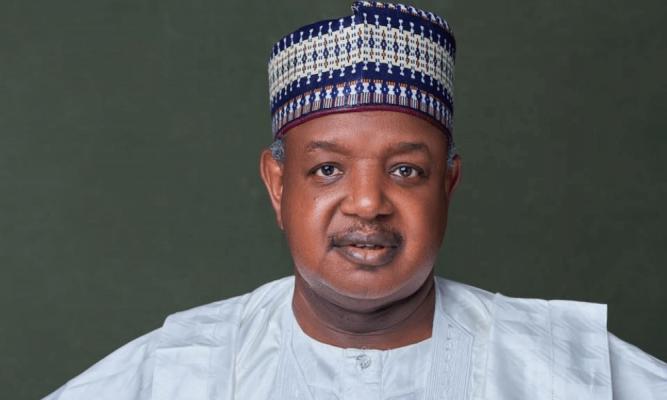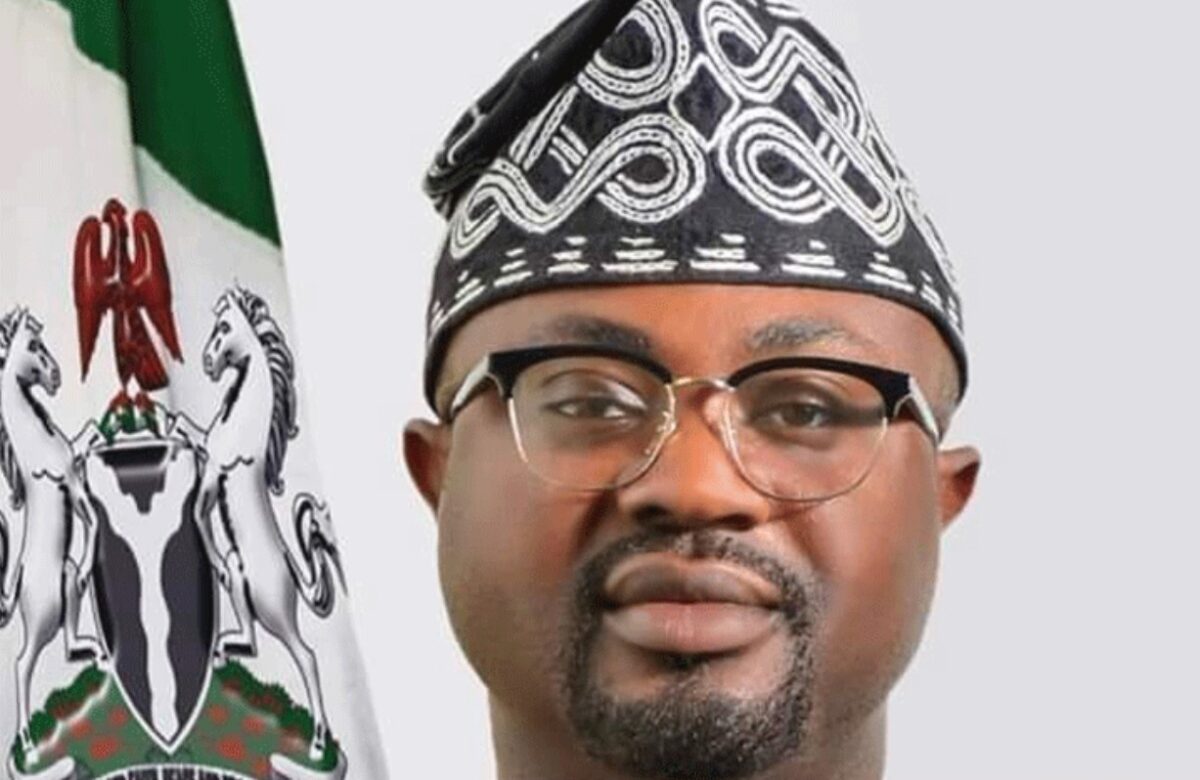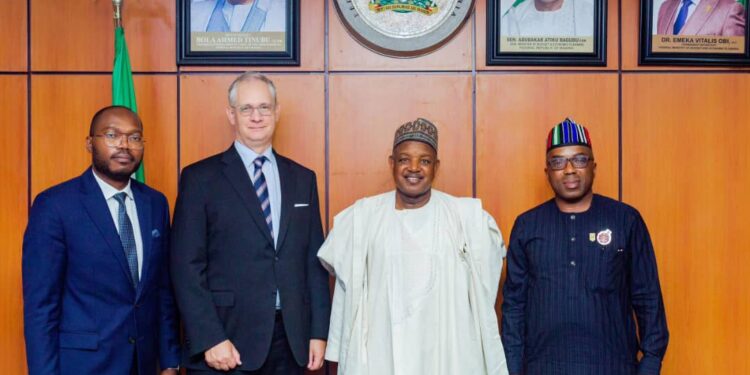
Nigeria heading for economic recovery despite current hardship – Bagudu
- Economy
- No Comment
- 356
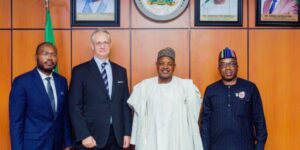
Nigeria’s Federal Minister of Budget and Economic Planning, Senator Abubakar Atiku Bagudu, has assured that the country is on course for economic recovery following President Bola Tinubu’s removal of the fuel subsidy, the floating of foreign exchange, and electricity reforms that categorized citizens into bands.
He made this known during a courtesy visit by the International Monetary Fund (IMF) Mission Chief for Nigeria, Mr. Axel Schimmelpfennig, according to a statement by the Ministry of Budget’s Director of Information, Osagie Jacobs, on December 11, 2025.
Bagudu also took the opportunity to mention that the $500 million loan facility from the World Bank will benefit the nation as the federal government plans to carry out the Human Capital Opportunities for Prosperity and Equity (HOPE) project in the country.
Nigeria is on Course for Economic Recovery
According to the statement, Bagudu explained that the reforms undertaken by Bola Ahmed Tinubu’s administration, particularly the development and implementation of economic and tax reforms, will ensure more functional Public Financial Management (PFM) systems in the country.
He said, “The economic reforms are necessary decisions to put the Nigerian economy on the right track.”
- He assured the IMF team that, although Nigeria is facing several challenges, “such as the hardship caused by the removal of the fuel subsidy, the floating of the foreign exchange, and electricity reforms that categorized citizens into bands, the country is on course for economic recovery.”
- Referring to the World Bank’s $500 million loan, Bagudu expressed gratitude for the bank’s continued support.
- He assured that the loan facility will increase the availability and effectiveness of financing for basic education and primary health care across the states of the federation.
“The fund will enhance transparency and accountability for basic education and primary health care, in addition to improving recruitment, deployment, and better performance management of teachers,” he said.
- Bagudu explained that the Nigerian Constitution is the legal framework that provides the rules and procedures guiding the federal government’s budget process.
- He stressed that the Constitution also empowers the federal and state governments to make expenditures in the preceding year to meet necessary expenditure requirements for government services.
“This expenditure can continue for a period not exceeding six months or until the coming into operation of the law, as outlined in Chapter 5, Part 2, Section 122 of the Nigerian Constitution,” he added.
- The Minister appreciated the IMF’s willingness to support Nigeria but also sought more assistance in the area of resource mobilization from multinational partners, enabling the government to provide developments in all sectors of the economy.
More Insights
Earlier, the IMF Mission Chief for Nigeria, Mr. Axel Schimmelpfennig, was quoted as saying he was in the country to discuss the Nigerian budgeting process, with particular emphasis on the simultaneous implementation of the 2023/2024 budgets and supplementary budgets in the same year.
The visit is in preparation for the publication of the 2025 annual report of the World Bank.
Schimmelpfennig reportedly “welcomed the federal government’s tax reforms, as increased revenue generation will ensure more development for Nigerian citizens,” and promised additional IMF support for Nigeria’s developmental needs.
What You Should Know
Nairametrics previously reported two months ago that the Federal Government of Nigeria was negotiating a $500 million loan from the World Bank to boost basic education, focusing on improving learning outcomes and reducing the number of out-of-school children.
According to the Programme Information Document (PID) seen by Nairametrics, the loan is part of the World Bank’s HOPE for Quality Basic Education for All initiative.



